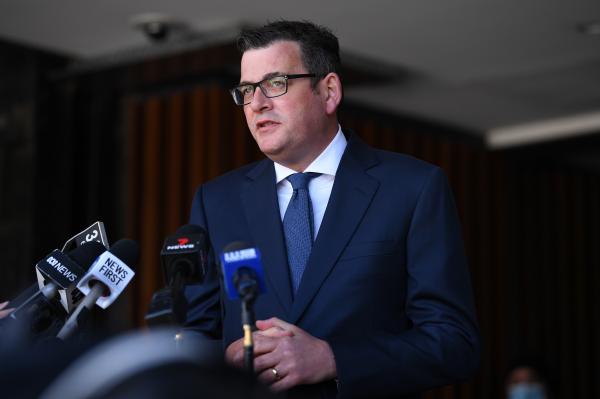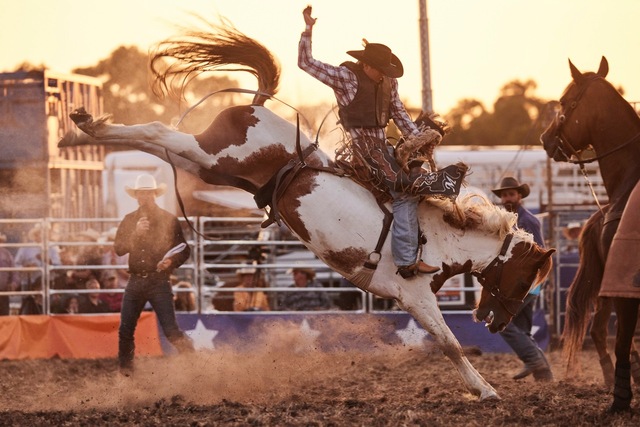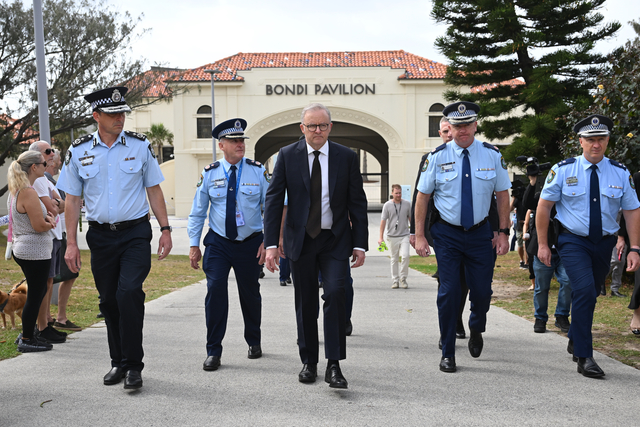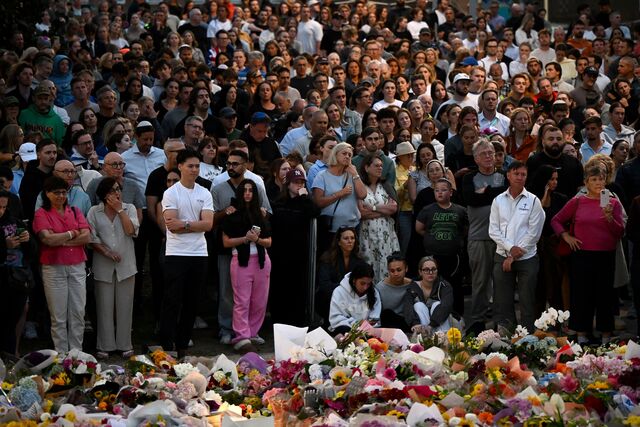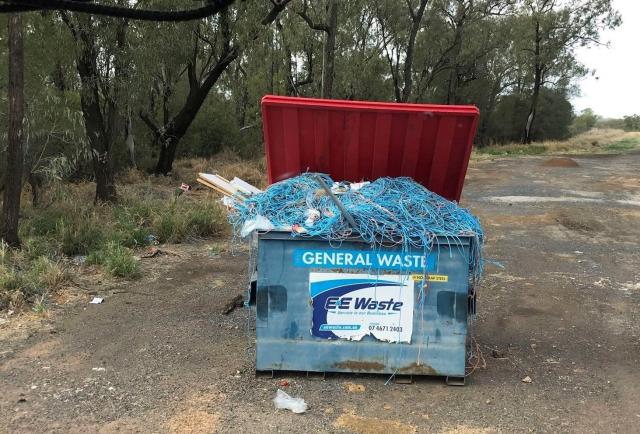Yarra Valley residents who are fully vaccinated will see more restrictions ease from midnight tonight.
The State Government said nearly all of the remaining restrictions will be lifted statewide with the Acting Chief Health Officer making the decision due to Victoria set to hit 90 per cent double dose milestone in the coming days.
Premier Daniel Andrews said, “The milestone we’re about to hit is brilliant, allowing Victoria to return to something like the normal life we remember – businesses open, the city thriving and families getting back to doing the things they love together.”
Double dosed Yarra Valley residents will be able to hit the dance floor, invite as many people as they like into the home, and density limits will also drop for cafés and restaurants.
The vaccinated economy will remain, as will masks in some high risk settings to reduce the risk of Covid-19 transmission.
All indoor and outdoor events with less than 30,000 fully vaccinated attendees will be able to proceed with no special approval and outdoor events with 30,000 or more will only need to publish their Covid safe plan.
Indoor venues – including stadiums that have a capacity of 30,000 or more – will need to get a one-off approval of their Covid safe plan from the Victorian Government.
In good news for summer sports fans, major events like the Boxing Day Test and the Australian Open will be able to proceed at full capacity, subject to the approval of the MCG and Melbourne Park’s Covid safe plan.
Primary school staff and visitors and for students in Years 3 to 6 will still need to wear masks, as will serving hospitality workers, workers and customers at indoor retail, fr visitors and select workers in hospitals or care facilities, and people using public transport, taxi/rideshare and planes.
Unless our health services see a significant jump in hospitalisations, customers for retail will no longer need to wear masks after 15 December – in line with NSW settings.
High-risk work settings such as corrections and meat, poultry and seafood processing will continue to require masks.
There will still be mask requirements, density limits and caps in place for weddings, funerals, places of worship and other settings if the vaccination status of attendees is not being checked. The usual exceptions will apply.
However, those who aren’t fully vaccinated will no longer be allowed to shop in non-essential retail stores.
Self-quarantine obligations can be reduced across the board for Covid-19 cases and fully-vaccinated contacts. Victorians who test positive will be further empowered to take action and protect others, with simple advice and guidance to help them inform their ‘social contacts’ on what to do.
From 11:59pm tonight, the vast majority of people who come into contact with a confirmed positive case outside their home won’t have to self-quarantine.
These contacts will be required to get a standard (PCR) test and isolate until they get a negative result.
This means exposure in places like offices, restaurants or nightclubs won’t automatically result in quarantine for the patrons or staff, who previously would have been designated Primary Close Contacts at Tier 1 exposure sites.
However, the Department of Health will continue to manage emerging outbreaks of concern and ‘superspreader events’ and can impose a quarantine period on contacts on a case-by-case basis, depending on evidence.
Cases are required to notify their workplace, school or childcare about their positive result. Once informed by the case, workplaces will also have to identify and notify employees and sub-contractors – but not customers – who were exposed to advise them to get tested.
Schools/childcare will also identify and inform staff and student contacts.
School and workplace contacts presenting to testing centres for their PCR test will also be offered Victorian-funded rapid antigen tests (RATs) for recommended use before entering sensitive settings.
In good news for businesses, the changes effectively mean the end of mandatory deep cleaning, and the Departmental ‘clearance’ process. They will self-manage their exposure in line with public health guidance. However, Covid safe practices are strongly encouraged and a plan is still required.
Exposure sites will no longer be published, instead, the Department will use the new alert function in the Service Victoria app to notify patrons of higher-risk venues where positive cases have been present – such as restaurants, gyms and nightclubs – and advise them to get tested.
Individuals who test positive are strongly recommended to tell the social contacts they have spent time with and encourage them to get tested.
The Department will not trace or manage these contacts.
With a simple call-to action, the advice can move faster when the individual is empowered to do it among the people they know.
People who live with someone who has Covid-19 pose the highest transmission risk.
Household contacts who have had more than four hours of contact with a case inside a household, accommodation or care setting must isolate for seven days if fully vaccinated or 14 days if not fully vaccinated, with a PCR test required on day 0 and for release.
If children under 12 are household contacts, they will be considered fully vaccinated if everyone else in their household aged over 12 is fully vaccinated.
Workers exposed at work, and children who are exposed at school or early childhood centres, will need to show a negative PCR test result to return to work or school – with recommended RAT testing thereafter.
In addition to isolation changes for contacts, people who have Covid-19 will be required to isolate for 10 days, instead of 14 days.
These considerable changes are recommended by Victoria’s public health experts based on Burnet Institute modelling, behavioural insights and international experience – and are guided by the goal of an open, vaccinated society where both public health risks and social disruptions are minimised in a balanced way.
When the settings are in effect, a new online portal offering clear and simple ‘checklist’ advice for cases, contacts, workplaces and schools will be published at www.coronavirus.vic.gov.au/checklist, which will also include advice on how to have the conversation with your family and friends.
Minister for Health Martin Foley said, “By focusing on high-risk settings, cases and contacts – and safely removing rules that could sweep hundreds of thousands of people into long quarantine at any one time – Victoria is charting a path for the rest of Australia for how to live with Covid-19 as a manageable endemic when cases inevitably increase nationwide.”
Covid Safe settings will also be published at https://www.coronavirus.vic.gov.au/coronavirus-covidsafe-settings. Quotes attributable to

